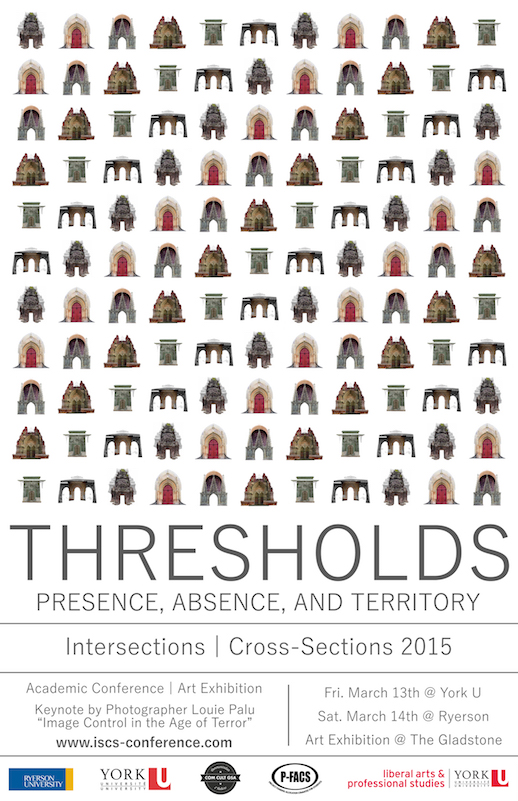Super-Material Culture: Thinking Through a New Discourse of Ruins
DOI:
https://doi.org/10.25071/1718-4657.36755Abstract
The discourse on ruins, like ruins themselves, is fragmented and dispersed. Representing both decay and what remains, the ruins’ relationship to temporality is complicated—they can be construed as means for both looking back, as well as looking towards the future. The recent resurgence of literature and theory on the subject matter is consolidating existing work and defining new lines of inquiry. This article investigates the current discourse on ruins through three recent texts. Significant to them all is the dialectical nature of the ruin as both the absence of, and endurance of, material form. All three texts consider ruins through the lens of the built environment and problematize classic conceptions of ruination in consideration of the contemporary moment. Looking at ruination through architecture theory provides a contrast to the romantic accounts of ruins that originally defined the discourse. Through these texts we can see certain limitations of the discourse of ruins, but also visible are nuanced approaches that redefine the ruin as more than just a site or object, but also a set of processes that reflect our relationships to material culture and the built environment. To this I assert a necessity to reconfigure the way we de ne ruins in light of the contemporary moment. The discourse of ruins, while still speaking through earlier tropes of a fragmented ruin studies, is no longer just a survey of the subject of the ruin—it is becoming a mode through which we evaluate the changing nature of our relationship to material culture.
KEYWORDS: Ruins, Ruination, Architecture, Super-materiality, Waste

